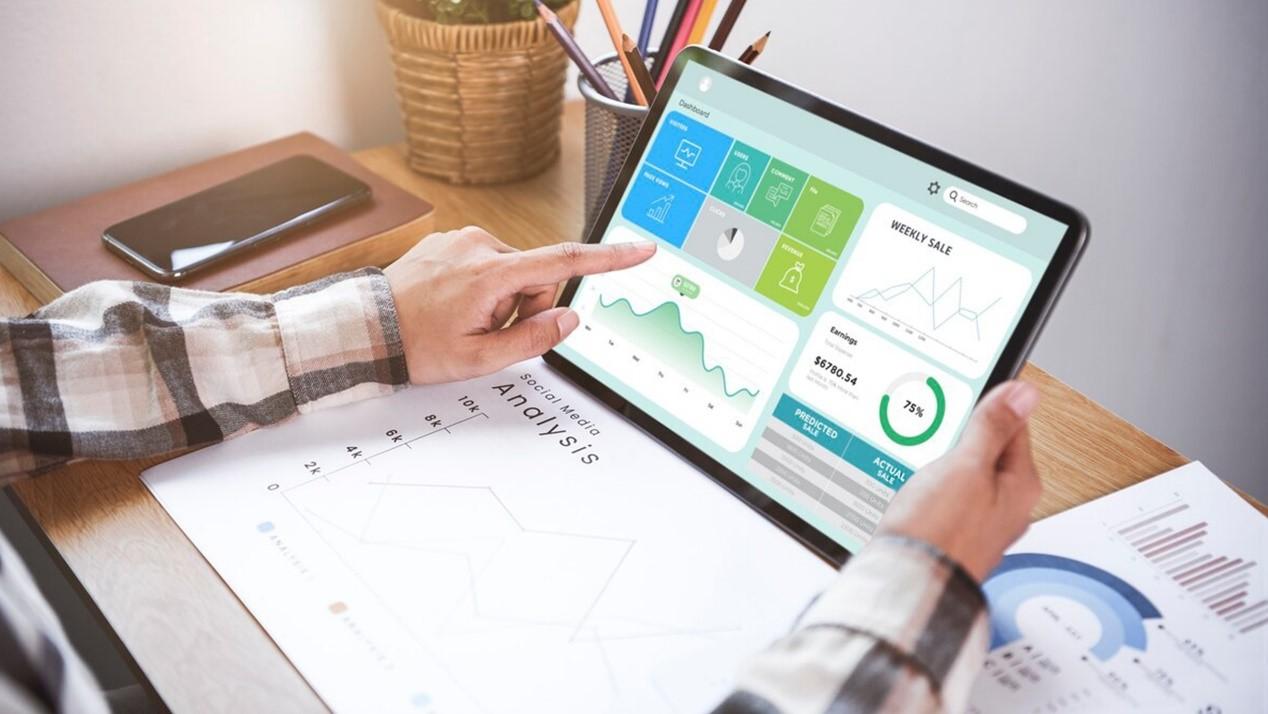
The Digital Doctor is In: AI and Telemedicine Redefine Healthcare
The healthcare industry is undergoing a seismic shift fueled by artificial intelligence (AI) and telemedicine.

The construction sector has come a long way from Digitalization aimed at the basic requirements of project stakeholders in the forms of design capability development, digitizing 2D information from paper, etc.; such solutions were widely believed in the value-chain and saw a surge from early-to-mid 2010s. However, towards the latter half of the decade, industry leaders recognized the limitations of these solutions. The industry expanded its existing product holdings in the form of integrated solutions, with product abilities capable of addressing an array of design-to-execution challenges. As per a recent announcement, global investors have poured about the US $25 billion in technologies for the construction industry between FY 2014-19, raising the US $8 billion from the first half of that decade.
Despite a setback due to the global economic shock presented by the pandemic in early 2020, Contech start-ups’ investments jumped back in the latter half of the financial year. The progression of innovative technologies including BIM, Digital Twin, and Geospatial solutions (incl. drone surveying, spatial sensors, etc.), alongside the arrival of frontier technologies like AI, IoT, robotics, and 3D printing, has been at the forefront of Contech start-ups. Also, the combination of these frontier technologies is cited for the bounce-back of funding for start-ups.
As per recent market records in the Contech space, a 19% year-over-year (YoY) decline was witnessed throughout FY 2020-21 due to the pandemic due to the low volume of deals. However, clear indications of growth were observed due to growth in large-scale VC funding. Accessibility to new technologies has developed in supply due to this focused VC funding. This has resulted in construction businesses taking cognizance of cutting-edge innovation and adopting digitalization of project workflows.
Leading construction businesses were found investing tremendously in technologies pre-pandemic. The pandemic promoted an increased necessity for remote collaboration through the digitalization of project workflows, which found an uptake amidst stakeholders across the industry’s value chain. This trend was well within the important focus of Contech start-ups, which have predominantly concentrated on Software-as-a-Service (SaaS). Digitalization of project & risk management and procurement processes involve such SaaS solutions. However, FY 2015-20 predominantly witnessed larger funding on combined technologies and platforms for digitalizing project workflows and construction methods. Contech has significantly supported efficient construction practices among stakeholders in current years, leading to the widespread adoption of innovations. Integration of technologies has facilitated construction projects to streamline data exchange and communication, enable real-time data, utilize data analytical tools to arrive at optimal design and construction workflows.
Traditionally, Contech enterprises have released their unique platform solutions with functionalities aimed at specific industry challenges in different stages of the project lifecycle. Such solutions can be seen in software collection developed to develop 3D building models, visualization and analysis of drone data for topographic surveys to name a few. Most of these platforms are mutually exclusive and need manual conversion of data to exchange and share among various project stakeholders. For example, topographic survey data like spot elevation must be physically entered in a BIM model to create a 3D representation of the project site.
Application of various platforms devoid of functionalities aimed at the integration of project information can cause workflow inefficiencies. This can restrict the data-driven decision-making capabilities of construction companies and reduce the analytical capability of an individual platform. This has resulted in the Contech market witnessing an important shift towards integrated technology solutions, wherein various project data (topographic, building information, etc.) can be successfully integrated with minimal loss of information.
Such integrated technology solutions aim to increase data – quantity, exchange & conversion speed, and advanced analytics. Industry-defined data standards for information exchange between stakeholders can improve the quality, interoperability, and security of the project information, which is often sensitive. There is scope for developing a single source of truth (SSOT) for construction companies, supporting transparent project delivery. This requires a single platform capable of collection, analysis, and dissemination of project data. Such platforms require functionalities that can address workflow challenges across the project lifecycle.

The healthcare industry is undergoing a seismic shift fueled by artificial intelligence (AI) and telemedicine.

The healthcare and pharmaceutical sectors are navigating a transformative period, with technological advancements reshaping patient care, operational efficiencies, and strategic growth.

In the world of business, financial wizards wave their wands to conjure profits and success. But behind every great money magician …

Insurtech is not just making waves in the insurance industry—it’s rewriting the rulebook. As technology-driven startups disrupt …